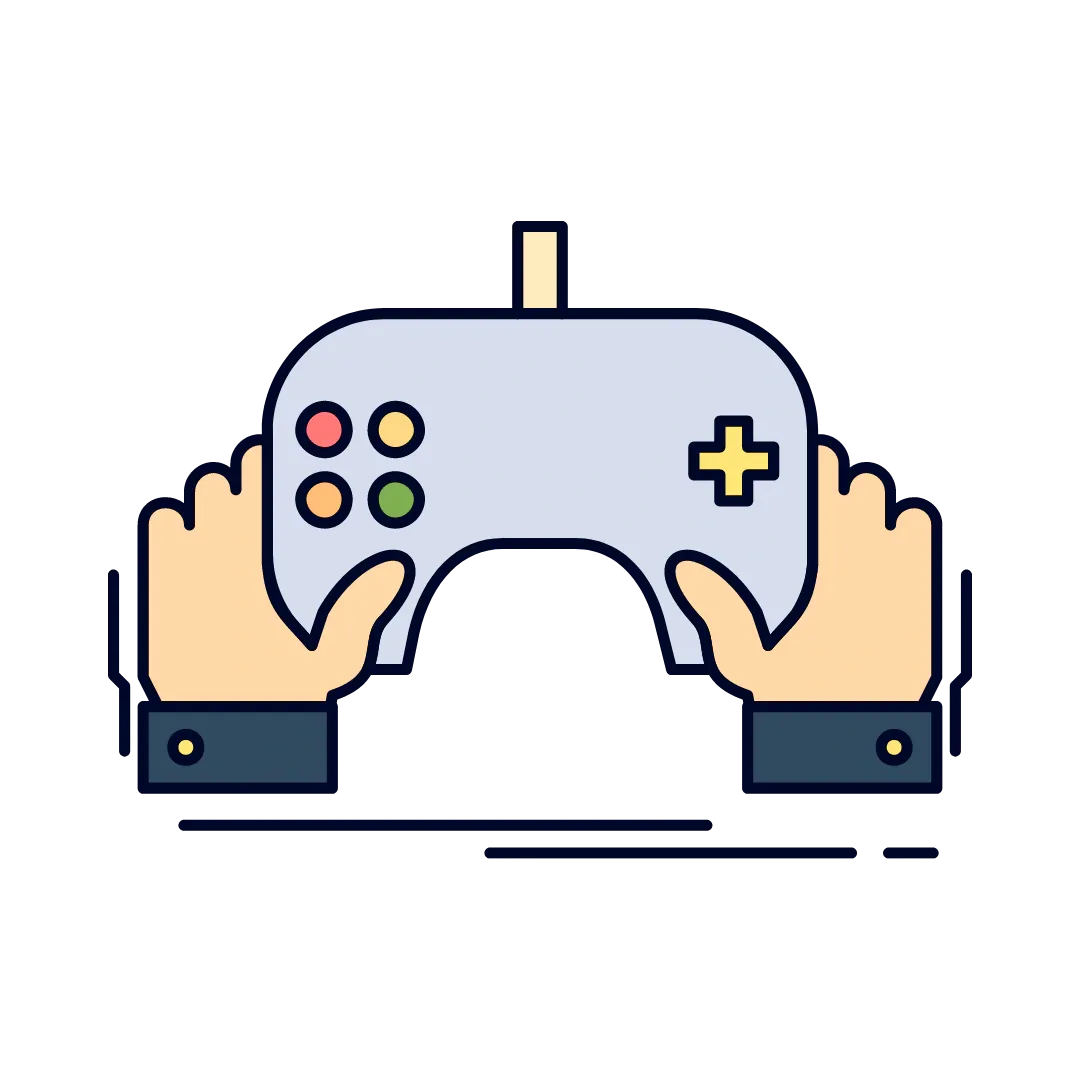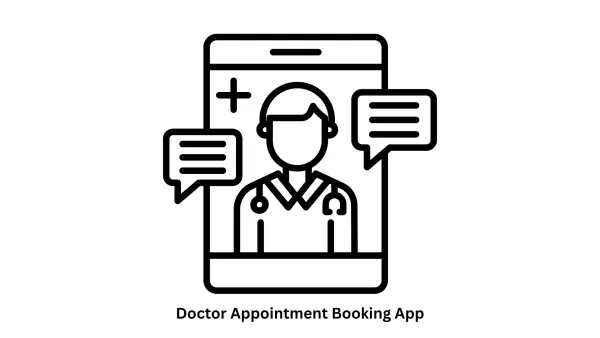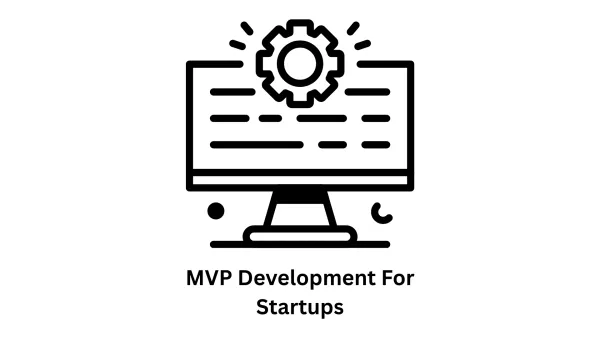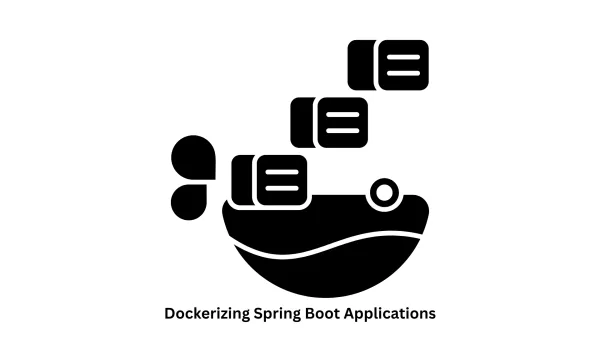Level Up Your Career: How to Land Game Development Jobs & Freelance Gigs

The game development industry is booming, offering diverse career paths for both aspiring and experienced professionals. Whether you dream of working on AAA titles at major studios or prefer the flexibility of freelancing, there are opportunities waiting for you. This guide will walk you through the steps to find your ideal role in game development.
1. Build Your Skillset
- Programming Languages: Learn essential languages like C++, C#, or Java. Familiarity with game engines like Unity or Unreal Engine is often required.
- Art and Design: Master 2D/3D art creation, animation, level design, and UI/UX design if you're interested in the artistic side.
- Sound and Music: Develop audio engineering skills, music composition, and sound design capabilities for immersive game experiences.
- Game Design: Understand the core principles of game design, storytelling, mechanics, and player engagement.
- Communication and Collaboration: Strong teamwork and communication skills are crucial for working in multidisciplinary teams.
2. Create a Stellar Portfolio
- Personal Projects: Develop your own games, even small ones, to showcase your skills and passion.
- Contributions: Contribute to open-source game projects or participate in game jams to gain experience and build your network.
- Modding: Create mods for popular games to demonstrate your creativity and technical expertise.
- Internships: Seek internships at game development studios to gain valuable industry experience and mentorship.
3. Job Hunting Strategies
- Online Job Boards: Explore dedicated game development job boards (like GamesIndustry.biz) and general platforms (like LinkedIn, Indeed).
- Company Websites: Check the career pages of your favorite game studios for open positions.
- Networking: Attend game industry events, conferences, and meetups to connect with potential employers and collaborators.
- Direct Outreach: Contact studios directly, even if they don't have advertised openings. A well-crafted cover letter and portfolio can go a long way.
4. Freelancing in Game Development
- Freelance Platforms: Sign up on platforms like Upwork, Freelancer, or Guru to find freelance projects.
- Build a Reputation: Start with smaller projects and deliver high-quality work to earn positive reviews.
- Specialize: Focus on your strengths (art, programming, sound, etc.) to attract clients seeking your expertise.
- Market Yourself: Promote your services on social media, your website, or through online communities.
Tips for Success
- Stay Updated: The game development industry is constantly evolving. Keep learning new technologies and trends.
- Passion and Enthusiasm: Showcase your love for games and your willingness to learn and grow.
- Be Persistent: Finding the perfect job or freelance gig can take time. Don't get discouraged. Keep refining your skills and portfolio.
Conclusion
Breaking into game development takes dedication and effort, but the rewards are immense. With the right skills, a strong portfolio, and a strategic approach, you can launch a fulfilling career creating the games you love. Whether you prefer the structure of a full-time job or the freedom of freelancing, the gaming world welcomes talented individuals with open arms.
To learn more, consider reading other articles, blogs, and stories in this area.












